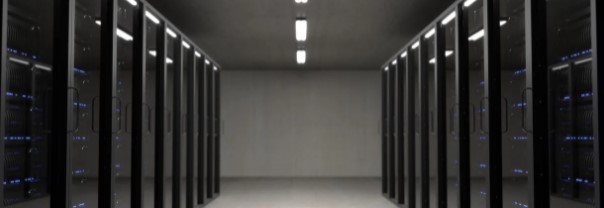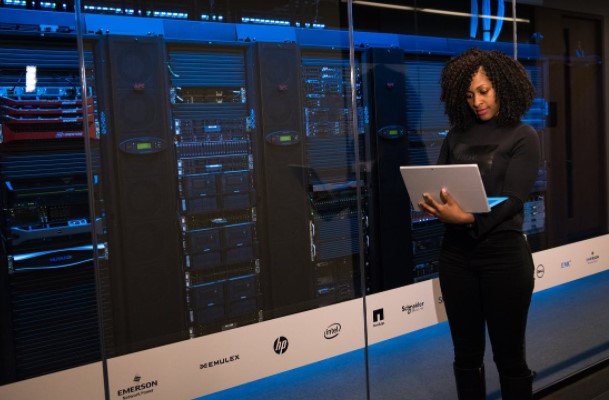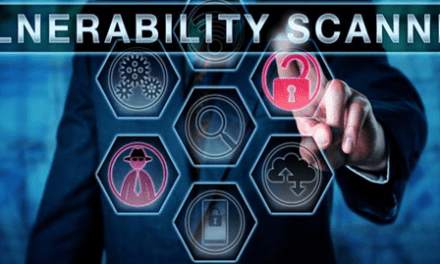As you’re well aware, businesses generate and store a lot of data every single day. It’s your job to store all of your data as safely and securely as possible. For some businesses, this happens via a server room. In essence, you have an on-site server that connects to all your PC’s and is where all your data gets stored. Instead of it being on the individual devices, it’s on the server.
This has some advantages – mainly the fact that faults to the individual PCs won’t lead to a loss of data. However, it is far from the perfect solution, and you could argue there are much better alternatives out there. Why? Well, there are three very common risks associated with having an office server room:
Health & safety concerns
There are significant health and safety concerns when you have an on-site server room. For one, you have a genuine fire safety threat. With so many wires and electrical items in one place, a fire could easily happen. Not to mention the heat emanating from the equipment in the server room! Sure, you can kit the room out with fire curtains to stop the spread, but that’s not the point. The risks of a fire are greatly increased when you have an on-site server room because of all the electrical goods in one confined location. Smoke is also a great safety risk in fires so consider installing some Surespan smoke ventilators to reduce the spread of it in the event of an emergency.
Given the potentially devastating consequences of a fire, it’s worth checking that a building’s passive and active firefighting arrangements are appropriate for the server room’s size and location. In taller or commercial buildings, fixed firefighting systems and accessible equipment such as a dry riser cabinet help ensure firefighters can reach internal water supply points quickly. Ensuring these are installed to the correct standards and routinely inspected reduces the chance of prolonged fire damage and supports faster recovery of critical systems. Coordinating with your building manager on maintenance schedules and compliance checks will make your data protection strategy more resilient.
Data loss
While your data won’t be lost if a PC breaks, it can be lost if the servers themselves break. How could this happen? Well, there could easily be a disaster that damages your server room and leaves you with loads of lost files. We already mentioned a fire, but what about a leak or a flood? What if someone breaks into your office and physically damages the servers in an act of vandalism? All of these things could happen, meaning all the data that’s stored in your server room could be lost.
To address these potential threats, practical monitoring and detection systems are essential. Installing environmental and access sensors provides early warnings of issues such as overheating, rising humidity, water ingress, or unauthorized entry, allowing corrective action before serious damage occurs. Many organizations also use remote Server Room Monitoring for real-time alerts, historical tracking, and automated responses, but these technologies are most effective when supported by regular Server Room Maintenance. Routine checks on cooling performance, airflow, cabling, and overall equipment health help prevent small issues from escalating into major outages, allowing businesses to keep their server rooms stable, compliant, and protected year-round. Together, these measures significantly strengthen data protection by reducing the likelihood of server failure and ensuring faster recovery when problems arise.

Data theft
Similarly, all it takes is for someone to break into your office and steal your servers to syphon data from them. Some criminals could even hook themselves up to the servers when on-site, taking your data without you even realising it. Put simply, it is very easy for someone to steal your data when you keep it all on-site.
With all of this in mind, what’s the alternative to an on-site server room? Well, isn’t it obvious? Cloud storage! Storing your data in the cloud is significantly better because it removes all of the risks above. There’s no need for any electrical equipment in your office, meaning the health & safety risks are mitigated. There isn’t a physical server that can be damaged or stolen, so these two issues don’t exist either.
Instead, your data is stored remotely and can be accessed whenever you need it, from wherever you are. It means you can be out of the office but still have access to your data if you need it. So, in short, server rooms are not really worth the trouble due to the risks they present.

























